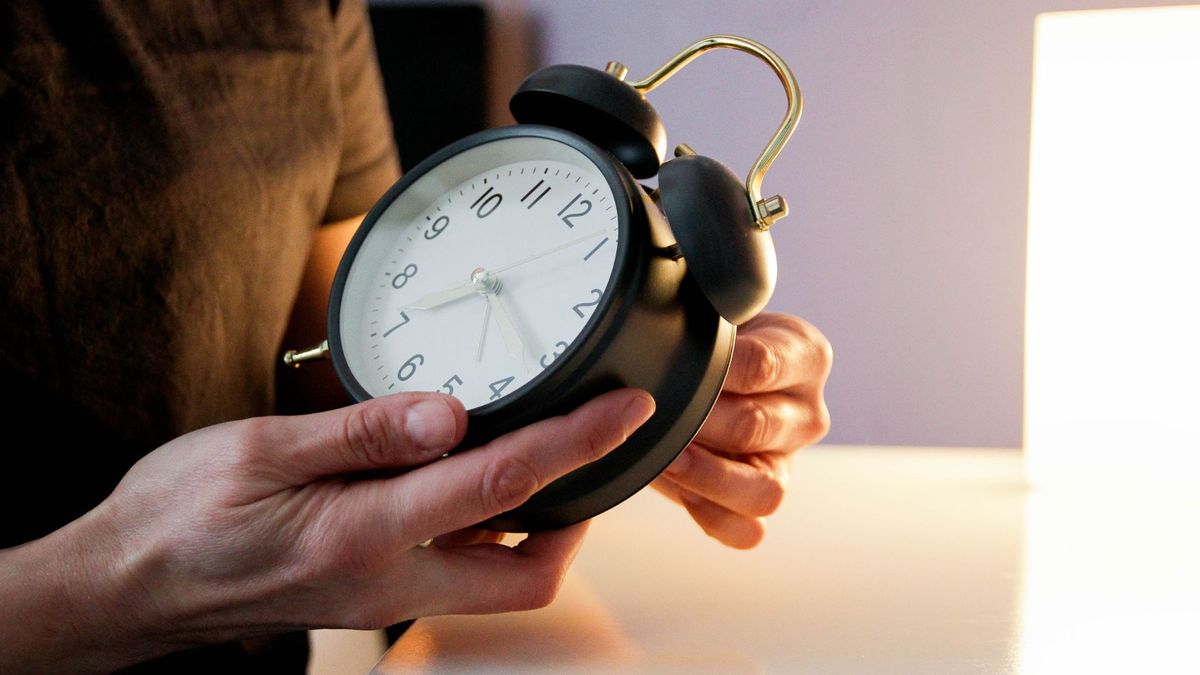Surveys from the American Academy of Sleep Medicine (AASM) have found that
about 63% of Americanswould prefer to eliminate DST, and
55% experience tiredness following the switch. But the time transition does more than just inspire mixed opinions, grogginess, and foul moods. Researchers say that the change has long-term negative consequences for our bodies and minds.
Here are 7 things we’ve learned about how changing to daylight saving time affects our lives.
MAKING THE SHIFT CAN INCREASE YOUR HEALTH RISKS.
“The scientific evidence points to acute increases in adverse health consequences from changing the clocks, including in
heart attack and
stroke,” says sleep expert
Adam Spira, PhD, MA, a professor in
Mental Health.
The change is also associated with a heightened risk of
mood disturbances and
hospital admissions, as well as elevated production of
inflammatory markers in response to stress. The potential for car crashes also spikes just after the spring forward, Spira says; a 2020
study found that the switch raises the risk of fatal traffic accidents by 6%.
DST WAS ENACTED TO CONSERVE ENERGY—BUT TODAY IT MAY DO THE OPPOSITE.
Benjamin Franklin
invented the concept in 1784, believing that rising earlier would economize candle usage and save people money. Pushing clocks forward to make greater use of daylight during the warmer months was formally adopted during World War I as part of a global attempt to conserve energy.
That rationale is part of what keeps DST in practice, but the theory is wobbly, according to research like
this 2017 paper published in the International Association for Energy Economics Journal. As society has evolved, lighting accounts for less overall energy consumption. Rather, extending the use of daylight hours encourages people to use more air conditioning and heating.
Other proponents say the additional daylight in the evening hours during spring and summer are beneficial to the mental health of those who work during the day. That, too, has been refuted—
data from a 2020 study published in PLOS suggests that the change exacerbates mood disorders, depression, anxiety, and substance abuse.
MORE AFTER-WORK SUNSHINE DOESN’T NECESSARILY MEAN A HEALTHIER YOU.
Sunlight is the most powerful synchronizer of our circadian rhythms—the internally generated clocks our bodies follow. Spira says while it’s advantageous to have more time for outdoor activities in the evening, “exposure to more light closer to bedtime makes it harder to fall asleep at our usual bedtime, and can reduce the amount of sleep we’re able to get each night.”
We also lose light in the morning, leaving many of us waking up in the dark. That’s bad, Spira says, because exposure to light in the morning has an alerting effect and helps us maintain a strong circadian rhythm.
“We function best when our sleep-wake cycle follows the sun. We get sleepy, due in part to melatonin release, when it gets dark. In the spring, when we switch to daylight saving time, we increase the amount of light we’re exposed to in the evening hours.”
LESS SLEEP MEANS MORE HEALTH RISKS.
Moving the clocks forward in the spring results in going to sleep and waking up before our internal clocks are ready for us to. This misalignment lasts for the duration of DST, Spira says, and can reduce the amount of sleep we’re able to get, to
the detriment of our health.
“The consequences of insufficient sleep include decreases in cardiovascular health, increases in diabetes and obesity, poorer mental health, lower cognitive performance, and an increase in the risk of motor vehicle accidents,” he says.
FOR CERTAIN GROUPS, THESE TIME CHANGES HAVE A GREATER NEGATIVE HEALTH IMPACT.
Populations living on the western edges of time zones—who get light later in the morning and evening—and people with little control over their schedules, such as shift workers who drive to work very early, are more at risk for misalignment.
Adolescents who get less sleep often have behavioral, learning, and attention issues, as well as an increased risk of accidents, injuries, high blood pressure, obesity, diabetes, and mental health problems. A
2015 study published in the Journal of Clinical Sleep Medicine found that during school days after the time change, students were sleepier, had slower reaction times, and were less attentive.
DST COULD BECOME PERMANENT.
There has been some buzz in recent years about transitioning to permanent DST through the
Sunshine Protection Act, but Spira is in favor of permanent standard time.
“The Sunshine Protection Act would result in permanent misalignment of our internal clocks with the time on our social clocks—the clocks on our walls, wrists, and phones. That would be bad for the health of the U.S. population.”

